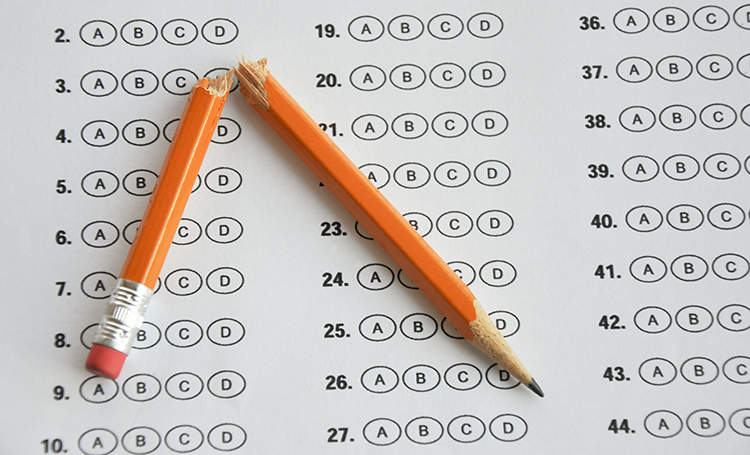2 law schools dinged for bar pass standard are now found to be in compliance

Image from Shutterstock.com.
Of the 10 law schools to receive public notice in May that they were out of compliance with Standard 316, Florida Coastal School of Law and the University of the District of Columbia David A. Clarke School of Law are the first to demonstrate compliance.
The council of the ABA’s Section of Legal Education and Admissions to the Bar tightened up the standard in May 2019. As written, it requires at least 75% of a law school’s graduates who sat for a bar exam to pass within two years of graduation—for this year, the council looked at 2017 graduates. Law schools with pass rates below the threshold, however, can demonstrate compliance with the standard if they have locked-in pass rates at or above 75% for 2018 or 2019 graduates, Bill Adams, managing director of ABA accreditation and legal education, told the ABA Journal in June.
Florida Coastal’s two-year bar passage rate for 2017 was 67.29%, according to ABA data. In May, Peter Goplerud, Florida Coastal’s president and dean, told the Journal that 75% of its 2018 graduates had passed a bar exam, and the 2019 cohort was on track for compliance.
“We are pleased that the council of the Section of Legal Education and Admissions to the Bar of the ABA has determined that we are in compliance with its bar pass standard. This is welcome and expected news as we embark on a new school year at Coastal Law,” Goplerud told the Journal Monday in an email.
For UDC, a historically Black public university, its bar passage rate for 2017 graduates was 64.06%, according to ABA data. Renée McDonald Hutchins, the law school’s dean, told the ABA Journal the class of 2018 has a two-year bar passage rate of 75.3%, and its class of 2019 is showing progress toward a 75% pass rate. She also claims the law school made various improvements, including how classes are taught and how students are assessed.
Besides demonstrating compliance with Standard 316, the August council finding determined the law school is in compliance with Standards 501(b) and Interpretation 501-1, which deal with admissions policies and practices.
“UDC Law is very pleased by the council’s finding. As one of six HBCU law schools—a school founded on principles of social justice and diversification of the profession—we take seriously our obligation to provide students with a quality education that will enable them to pass the bar exam,” Hutchins told the Journal in an email.
In other news, the council on Monday posted notice that Texas Southern University Thurgood Marshall School of Law, another HBCU, is in compliance with Standard 501(a), which requires schools adopt, publish and adhere to sound admission policies. It follows a May 2020 council finding that the law school was not in compliance with the standard.
The news comes a few weeks after Edward Rene, Texas Southern’s former assistant dean of law school admissions, was charged with theft by a public servant, for allegedly stealing almost $74,000 from the school. Rene is accused of giving students tuition scholarships with excess funds and directing them to write checks, cashier’s checks or money orders for the overage made payable to himself. The alleged crimes are said to have taken place between August 2017 and September 2019.
“I believe in the law school’s mission. I am excited about the future of the law school now that this challenge has been overcome,” Joan R. M. Bullock, the law school’s dean, told the ABA Journal in an email.
Updated Aug. 26 at 7:09 a.m. to add a response from Renée McDonald Hutchins.



